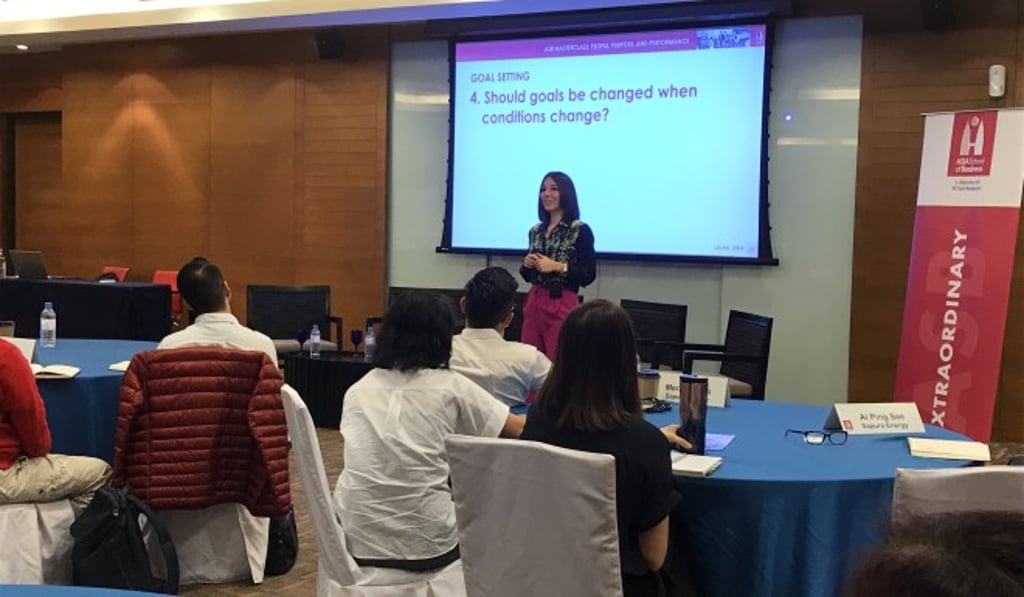
[Sponsored Article]
Keeping up with the Kuoks
From a trading post in Johor Bahru, Malaysia, buying and selling rice, sugar and wheat flour, the Kuok family – behind the internationally renowned Shangri-La Hotel chain – has built up an empire that spreads across five continents today.
No longer merely a trader, the family does business in the property, hospitality, logistics, and maritime industries, just to name a few. This has pushed the family’s net worth to US$16.6 billion last year, making it the 15th richest family in Asia.
The Kuok family, headed by Robert Kuok, has also crossed the so-called valley of death for family businesses, with second- and even third-generation members of the family helming and managing certain arms of the corporation.
According to a 2012 Harvard Business School study, 70 per cent of family-owned businesses fail, or are sold, before the second generation gets a chance to take over.
The statistics get more disheartening with each generation, with only 10 to 15 per cent of family businesses making it through the third generation, and 3 to 5 per cent through the fourth.
Perhaps the most famous example of dissipated wealth is that of the Vanderbilts, once one of the wealthiest families of the late 19th century.
At its height, the Vanderbilts’ fortune totalled over US$240 billion in today’s dollars. But its descendants lived lavishly, with little concern for preserving the family fortune. By the 1970s, not a single Vanderbilt millionaire remained.
Why do some family businesses grow and thrive and others fail?

Family ties that unbind
While the answer to this question remains elusive, research by Dr Ambra Mazzelli from the Asia School of Business (ASB) has theorised how social capital – the goodwill associated with an individual’s and/or organisation’s social ties – can influence strategic decision-making.
The world-class business graduate school based in Kuala Lumpur is a collaboration between Bank Negara Malaysia and Massachusetts Institute of Technology’s Sloan School of Management. It was founded in 2015 in response to the need for highly qualified, industry-ready visionaries and entrepreneurs, to help organisations take advantage of the abundant opportunities that the Asian century is offering.
Assistant Professor of Management and Organisations at ASB, Dr Mazzelli, said social capital ultimately determines whether small family firms take the same route as the Kuok Group, potentially evolving into iconic, complex, and diversified organisations.
A paper on the research, conducted together with Assistant Professor Robert Nason and Professor Michael Carney from Concordia University in Canada, has been published in the October 2019 issue of Academy of Management Review, one of the most influential business journals worldwide.
The key to success, it seems, for business-owning families, lies in keeping their doors open to people both within and outside the family circle. Such extensive socialisation affects how these families experience, filter, and interpret the external environment, which enables them to break free from old strategic frames – what one sees in its assessment of the world, including relevant competitors and how to create value – and make less conservative strategic decisions.